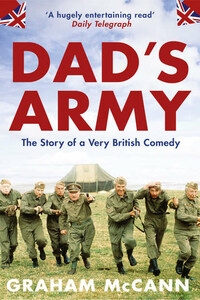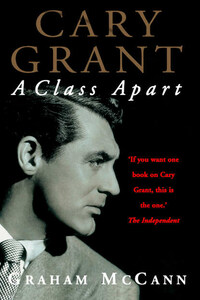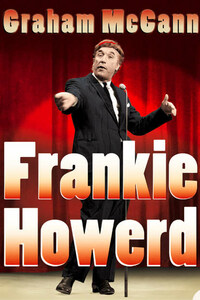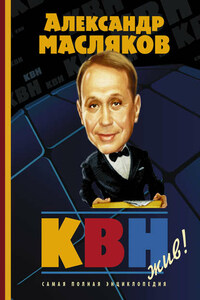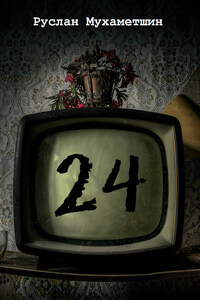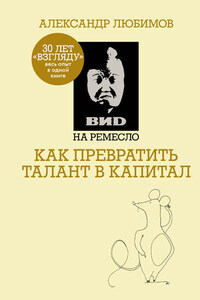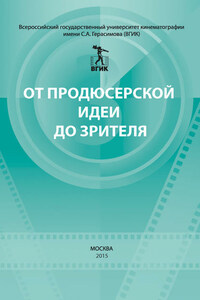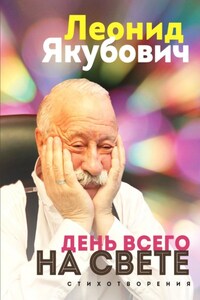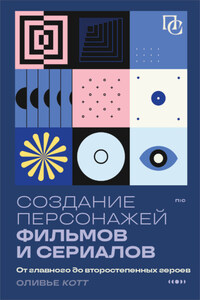Fourth Estate
A Division of HarperCollinsPublishers 1 London Bridge Street London SE1 9GF
www.harpercollins.co.uk
This edition first published in 2002
First published in Great Britain in 2001
Copyright © Graham McCann 2001
The right of Graham McCann to be identified as the author of this work has been asserted by him in accordance with the Copyright, Designs and Patents Act 1988.
A catalogue record for this book is available from the British Library.
All rights reserved under International and Pan-American Copyright Conventions. By payment of the required fees, you have been granted the nonexclusive, nontransferable right to access and read the text of this e-book on-screen. No part of this text may be reproduced, transmitted, downloaded, decompiled, reverse engineered, or stored in or introduced into any information storage and retrieval system, in any form or by any means, whether electronic or mechanical, now known or hereinafter invented, without the express written permission of HarperCollins e-books.
Source ISBN: 9781841153094
Ebook Edition © OCTOBER 2012 ISBN 9780007389421 Version: 2015-12-16
HarperCollinsPublishers has made every reasonable effort to ensure that any picture content and written content in this ebook has been included or removed in accordance with the contractual and technological constraints in operation at the time of publication.
This is my country
These are my people
This is the world I understand
This is my country
These are my people
And I know âem like the back of my own hand.
RANDY NEWMAN>1
Humour is not a mood but a way of looking at the world.So if it is correct to say that humour was stamped out inNazi Germany, that does not mean that people were notin good spirits, or anything of that sort, but something muchdeeper and more important.
LUDWIG WITTGENSTEIN>2
Even our jokes have walls and hedges round them.
J. B. PRIESTLEY>3
You must remember this: a small church hall, somewhere in England, sometime during the Second World War. To the left, perched high on top of a wobbly wooden stepladder, is a fresh-faced, fragile-looking youth, folded over a tommy-gun, primed and poised to pounce. To the right, seated behind a rickety card table, is a wiry, wily old campaigner, leaning over a Lewis gun, all set to snap and strike. At the centre, shiny toe to shiny toe, stand a short, stout Englishman and a tall, thin German.
The German has just announced that he has added the Englishmanâs name to the ominously long list of those who, once the war has been won, will be brought to account for their actions. The Englishman has just replied that, since the Germans are never going to win this war, he can put down whichever names that he wishes. It is at this point that the fresh-faced youth on the ladder elects to interject:
Whistle while you work.
Hitler is a twerp.
Heâs half barmy,
Soâs his army.
Whistle while you â
âYour name will also go on the list!â exclaims the German. âWhat is it?â âDonât tell him, Pike!â orders the Englishman.
âDonât tell him, Pike!â What a beautiful comic line, patently apt yet palpably absurd, so funny for being so true. It encapsulates not only the kind of qualities â brightness, decisiveness and bravery â we tend to associate with our best self, but also those â foolishness, fearfulness and frailty â that we tend to associate with our worst. It makes us laugh so much because we laugh most unaffectedly at what we know most about, and what we know most about is ourselves: each of us, at some point or other in our life, has said or done something equally as apt and equally as absurd as âDonât tell him, Pike!â
It is really no wonder then that this scene has been hailed by some as the funniest moment in the history of British television,>4 nor that the show in which it featured has come to be recognised as one of this mediumâs most treasurable achievements.>5 We do not warm to just any old thing that the small screen serves up to us; for all of the hours, days, months and even years of television that we watch in the course of a lifetime, we actually remember very little, and cherish even less. We tend to recall and respect only those few programmes which try neither to be momentous nor mundane, but which simply try, right here, right now, to engage our minds and our moods.
